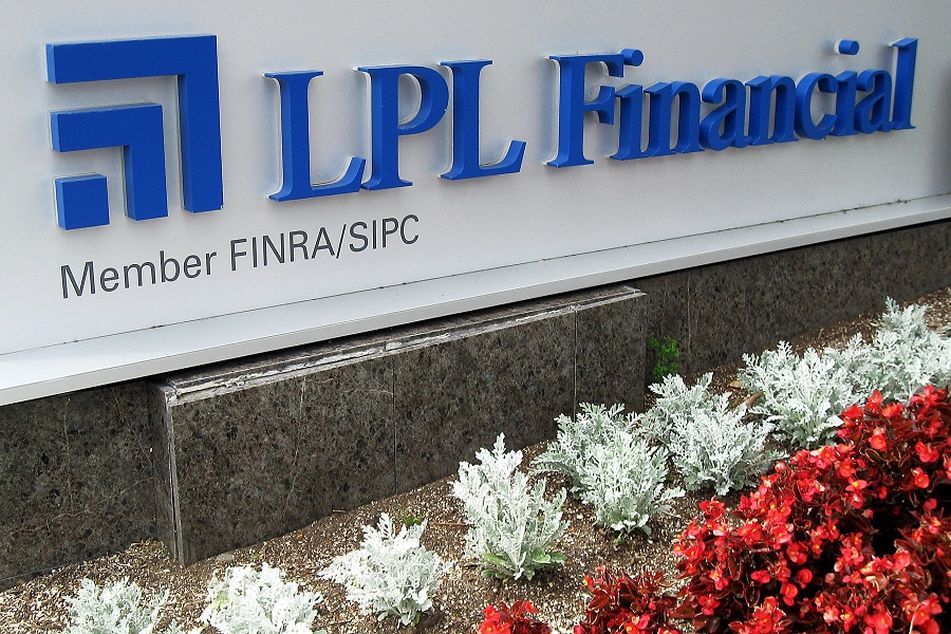Activist investor takes 6% stake in LPL Financial, sending stock higher

Marcato Capital Management says in a regulatory filing that shares of the independent broker-dealer are undervalued. The stock was up nearly 4% Tuesday amid a broad market sell-off.
An earlier version of this story incorrectly stated the LPL stake held by Marcato as 12.7% of outstanding shares.
An activist hedge fund investor on Tuesday afternoon said it had taken a 6.3% stake in LPL Financial Holdings Inc., sending the independent broker-dealer’s stock price higher as the rest of the market declined.
LPL’s shares are undervalued, Marcato Capital Management said in a filing with the Securities and Exchange Commission. Marcato acquired the LPL shares through various funds it controls “in the belief that the shares are undervalued and are an attractive investment.”
Marcato could enter into discussions with LPL’s board to discuss “strategic alternatives” for the company, including a potential for a merger or acquisition, according to the filing.
“These discussions may review options for enhancing shareholder value through strategic alternatives or operational or management initiatives including, but not limited to, improving capital structure and/or capital allocation, M&A, asset allocation, and general corporate strategies,” the company wrote in the filing.
The company’s share price has lagged since it reached a peak of $55.37 in March 2014. Its recent low was $37.72. The stock surged almost 4% after the Marcato filing with the SEC; in early afternoon trading in New York, LPL shares were trading around $41.80. The S&P 500 was down about 1.6% on Tuesday.
ONGOING DIALOG
“LPL Financial maintains an active and ongoing dialogue with its investors and values their input as we work toward the common goal of driving stockholder value,” an LPL spokesman, Brett Weinberg, said in an email.
When asked specifically about a potential merger for LPL, Mr. Weinberg declined to comment.
With close to 14,000 affiliated registered reps and investment advisers, LPL has had growing pains over the past few years. LPL has been in the spotlight recently due to its host of problems with the Financial Industry Regulatory Authority Inc., as well as state regulators. Two products that have caused LPL to pay fines or restitution to clients have been nontraded real estate investment trusts, a popular alternative investment, and variable annuities.
CEO Mark Casady said over the summer that LPL was near the finish line with fines and settlements stemming from securities regulators’ actions.
Alex Kramm, an analyst for UBS who follows LPL, said investment firms such as Marcato focus on why companies are undervalued.
“Investors wonder what that could be, and it could include a lot of different things,” he said. “There is a lot of uncertainty surrounding the (investment advice) space right now, particularly with the DOL rule changes. And it seems like LPL’s stock has been weak, due to regulatory macro questions rather than what the company has done or not done.”
Marcato has been active in the affairs of other companies. In March, it called for the replacement of the CEO of Bank of New York Mellon, Gerald Hassell, as part of wholesale reconsideration of BNY’s operations and priorities. And over the past year, Marcato has increased its stake in Avis Budget Group Inc., the car rental giant.
Learn more about reprints and licensing for this article.








